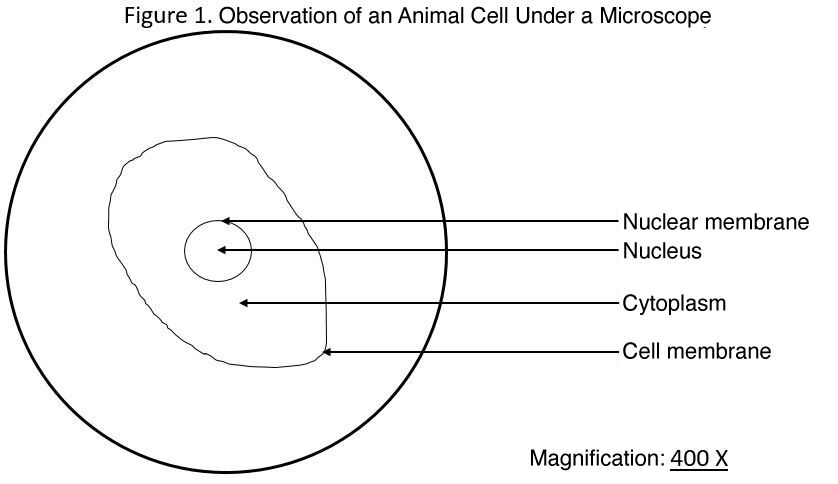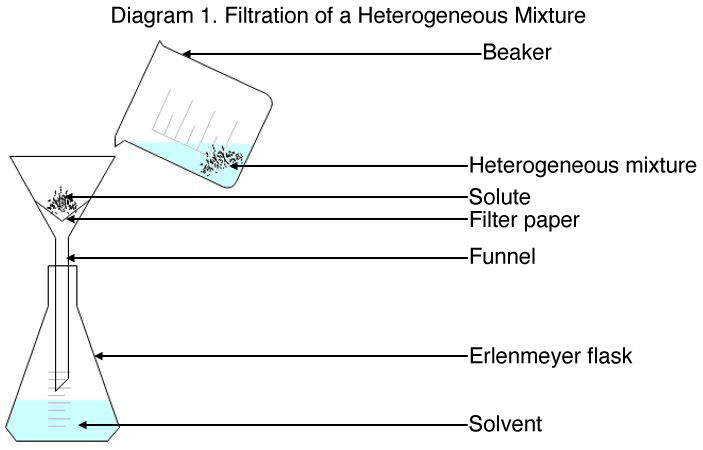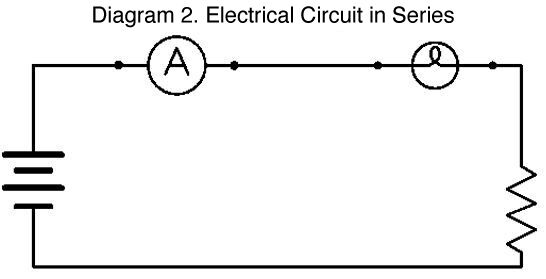This section shows the structure of a diagram in a lab report. However, the content required may vary depending on the preferred teaching method or the grade level of the student.
-
The scientific drawing is the most accurate representation of an object.
-
The scientific diagram is a simplified figure that represents the functioning of an object or a set of objects.
A scientific drawing is an image that is as close to reality as possible. It is used to give an objective representation of what is observed with the greatest accuracy and precision achievable.
A diagram, on the other hand, is more of an attempt to illustrate. Unlike the drawing, the diagram is not made to scale. It provides an idea of the structure of an object. It usually contains a legend or symbols to make it easier to understand.

|
 |
To create a scientific drawing, a few important steps must be followed.
-
A title must be placed above the drawing. This title should be meaningful in order to give an idea of what was observed when creating the drawing.
-
The drawing must be consistent with the shapes of the object observed. In addition, it is important to keep the proportions of the elements forming the object: the size of the elements relative to each other must be taken into account in order to have a representative drawing of reality.
-
A legend can be added as needed. It must be complete and it must use the appropriate vocabulary.
-
To identify the elements, a horizontal line must be drawn from the element to the right side of the drawing. The elements shown in the legend must be aligned. Furthermore, the tip of the arrow must point directly to the identified element.
-
If the drawing illustrates an observation under a microscope, the magnification should be indicated.
The following drawing shows an animal cell as observed under a microscope.

To create a scientific diagram or a technical diagram, some basic rules must be followed.
-
A title should be placed above the diagram. This title should be meaningful in order to make it clear to the reader what the diagram represents.
-
The diagram must show the elements in a simplified and efficient manner. It must be drawn with a ruler, neatly and in a reasonable size to make sure it can be easily read.
-
A legend can be added as needed. It must be complete and it must use the appropriate vocabulary.
-
As in a drawing, if the elements are to be identified, a horizontal line must be drawn from the element to the right side of the diagram. The elements shown in the legend must be aligned. In addition, the tip of the arrow must point directly to the identified element.
In a procedure, it can be useful to draw a diagram of the assembly. This allows the reader to understand how the experiment was carried out without having to read several steps.

Diagrams can also be used in electrical circuits. This shows how to connect the different elements in order to get a closed electrical circuit.
